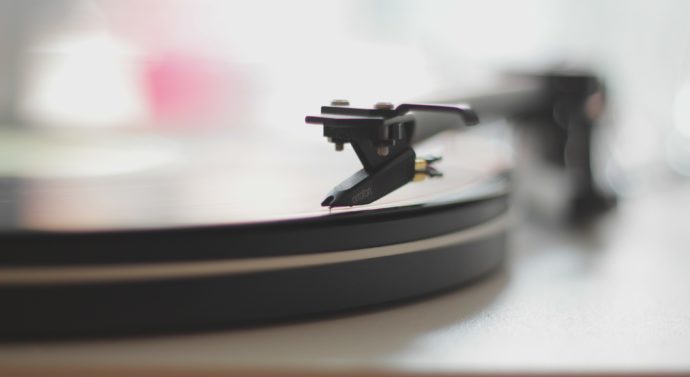
Mac’s Tracks: A guide to Motown tributes
Editorial February 22, 2019, Comments Off 57The following is an edition of Mac’s Tracks, The Mirror’s music column. All views, thoughts and opinions belong solely to the author and do not necessarily represent those of the Drury Mirror.
Are you thinking about putting on a Motown tribute for your next event? Here is a step-by-step guide on how to do so:
1. Are any of the Motown artists that are still alive today in attendance or performing?
2. If you answered no: do you intend to invite them?
3. If no: Are the performers in the line-up contemporary artists who cite Motown as an inspiration to their music?
4. Are any of your headlining musicians black?
5. If you answered “no” to most or all of the above, please start over and try again.
Influence of Motown
On Jan. 12, Motown celebrated its 60th birthday. Beginning in 1959 in Detroit, Mi., Berry Gordy founded the label that hosted unforgettable artists like Michael Jackson, Diana Ross, the Temptations and many more.
As a musical powerhouse, Motown defined its time and countless artists, including the Beatles, are indebted to the label for the distinctive melodies and sounds it engineered that would dominate popular music.
The Grammys
The Grammys were on Feb. 10, and as always, people had a lot to say about them. Their Motown tribute was headed up by Jennifer Lopez, which is quite the odd choice to put front-and-center. Little Big Town, an up-and-coming country band, Alicia Keys and singer-songwriter Ne-Yo appeared as well.
It can be argued that who performs should not matter as long as they are there to do the music justice. Sure – but there are plenty of Motown icons still alive. Stevie Wonder, Smokey Robinson, Diana Ross, Martha Reeves. Why wouldn’t you invite the founding parents of one of the most culturally critical eras to perform their own hits?
The artists signed with the label were and are predominantly black. Their contributions are not to be ignored and, to many across social media platforms, the odd line-up for the tribute was downright insulting. The Grammys falling in Black History Month only makes it more of a slap on the wrist.
Perhaps hand-in-hand, a sense of cynicism brewed with Adam Levine’s decision to take off his shirt during the Super Bowl halftime show, with many sardonically comparing the act to Janet Jackson’s wardrobe malfunction that cost her endlessly for her image and professional life. During Justin Timberlake’s performance at the game in 2017 (who was the one that ripped away the shirt in the first place), she took to Twitter to confirm that she would not appear despite rumors and hopes that she would get the chance to redeem herself.
(Also worth noting for the 2017 performance is that the late Prince’s family expressly stated they did not want his image to appear in the Minneapolis Bowl game – a wish that was directly ignored.)
Get the tribute right
It seems that these superpower shows never seem to land on the mark. The Grammys have a massive platform and the funding to do a tribute right. There are so many ways they could have gone about the performance differently with no real excuse as to why they didn’t. When you are (for better or for worse) one of the pillars of music recognition, your bar should be set a little higher.
At some point, it needs to stop being a grab for money or a game of walking on eggshells, and should instead express appreciation and gratitude for these invaluable contributions to the world of music.
Smokey Robinson of Miracle fame did appear on the Grammys stage to thunderous applause, singing the Temptations’ “My Girl” and his own “Tracks of My Tears” alongside Keys.
For its part, Motown put on its own tribute concert at the Microsoft Theater in Los Angeles, Nv. The show airs on CBS on April 21 and features hosts Robinson and Stevie Wonder as well as the contemporary John Legend, Ciara and Ne-Yo.
Written by Maclen Johnson.